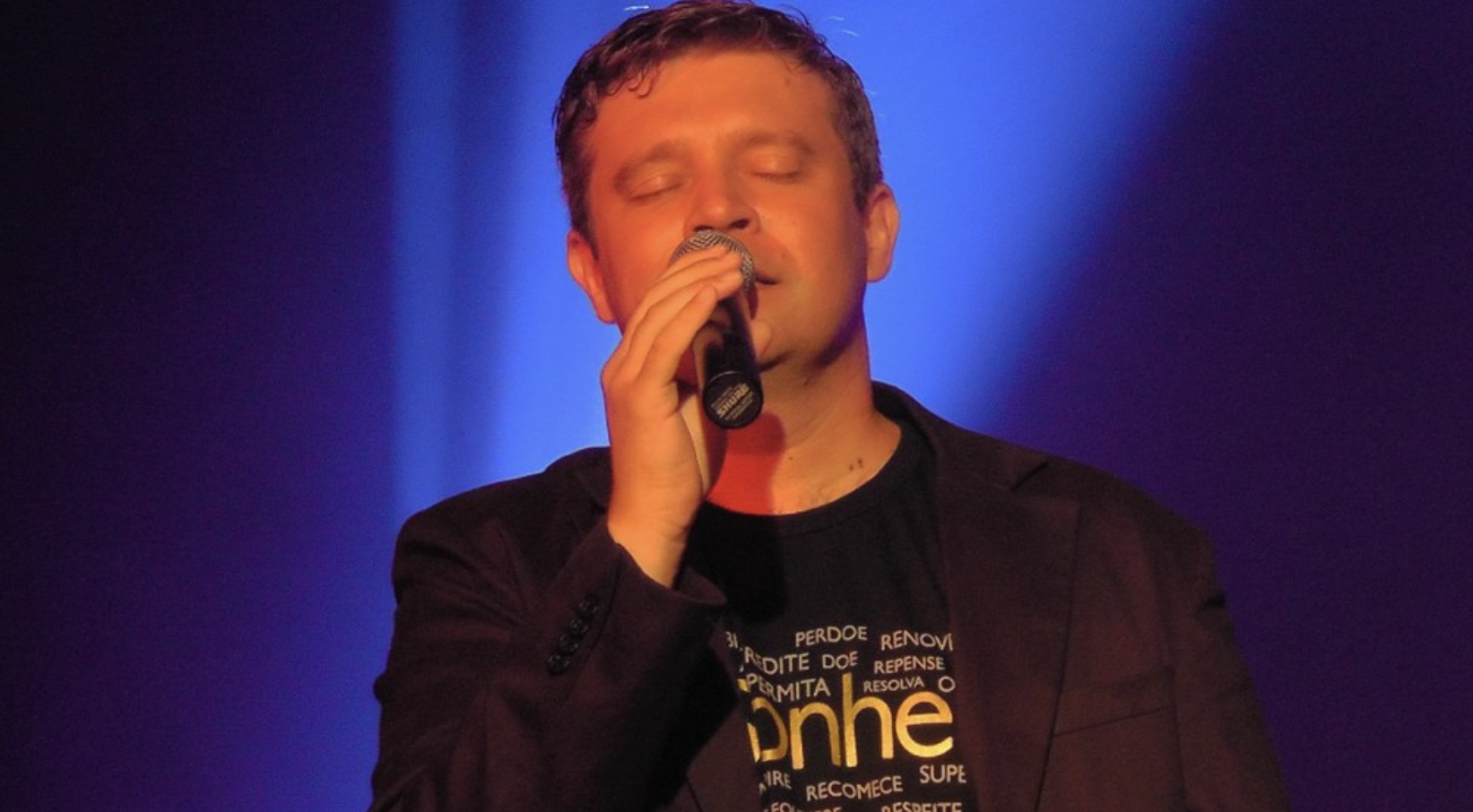Voice Changes During Puberty
Puberty is a period of major changes in an individual’s body. One of these changes is the development of a deeper, more mature voice. However, not all individuals experience this change at the same pace. This can lead to concerns and questions about why one’s voice may still be high at 16 years old.
Understanding Puberty and Voice Changes
Before we explore the reasons why an individual’s voice may still sound high at the age of 16, let’s take a moment to delve into the intricate process of puberty and its profound effects on the human body. Puberty, a natural and transformative phase of development, involves a series of complex hormonal changes that influence various aspects of our physical and emotional well-being. During this time, the vocal cords undergo significant growth and lengthening, resulting in a deeper and more mature voice for most individuals. However, it is not uncommon for some teenagers to experience a delay in this voice deepening process, leading to a continued high-pitched voice even at the age of 16. Factors such as genetics, hormonal imbalances, and individual variations in the timing of puberty can contribute to this phenomenon. By understanding the multifaceted nature of puberty and its impact on vocal development, we can gain insights into why some individuals may still have a higher-pitched voice during their teenage years.
What is Puberty?
Puberty is a natural and complex stage in human development that signifies the remarkable transition from childhood to adolescence. It typically begins around the ages of 8 to 13 for girls and between 9 to 15 for boys, although individual variations exist. During this transformative period, various physical, hormonal, and emotional changes unfold, shaping individuals’ growth and maturity. It is a time when secondary sexual characteristics emerge, reproductive organs mature, and cognitive abilities further develop, paving the way for adulthood. Understanding and navigating this intricate journey is crucial for both young individuals and their caregivers as they embark on this remarkable chapter of life.
How Does Puberty Affect the Body?
During puberty, the body undergoes a series of truly remarkable transformations. It’s a period of profound change and growth, both physically and emotionally. One of the most noticeable changes is the rapid increase in height, as adolescents seem to shoot up overnight, reaching for the sky. This growth spurt is accompanied by the development of pubic hair, a clear sign that the body is maturing and preparing for adulthood.
But that’s not all. Puberty also brings significant changes in the voice, as it deepens in boys and becomes more mature and melodic in girls. And speaking of girls, they experience another exciting development during this time – the budding of breasts. This physical milestone marks the beginning of their journey into womanhood and is often met with a mix of excitement and curiosity.
While these physical changes can sometimes come with their own set of challenges, they are a natural part of the transition from childhood to adulthood. It’s a time of self-discovery, growth, and exploration, as young individuals navigate the path towards maturity and embrace the beautiful complexities of their changing bodies.
Voice Changes During Puberty
Voice changes during puberty are a completely normal and expected part of adolescent development. These changes primarily occur due to the growth of the larynx, also known as the voice box. As the larynx undergoes growth, it not only increases in size but also in length and thickness, which in turn affects the vocal cords. The lengthening and thickening of the vocal cords lead to a gradual deepening of the voice, resulting in a more mature and resonant tone. These changes in the voice are part of the overall physical and hormonal transformations that occur during puberty, marking the transition from childhood to adulthood.
When Do Voice Changes Typically Occur?
In boys, voice changes typically occur during adolescence, generally between the ages of 12 and 16. This period, known as puberty, is characterized by hormonal changes that lead to the growth of the larynx and vocal cords, resulting in a deeper and more mature voice. It is an important milestone in the development of young males as they transition into adulthood.
Can You Train Your Voice During Puberty?
If you are 16 years old and still experiencing a high-pitched voice, it is important to remember that everyone goes through puberty at their own unique pace. It’s a natural process that affects individuals differently, and there is no need to worry or feel self-conscious. However, if you are interested in enhancing your voice and improving its tone and quality, there are various techniques and exercises that can be explored. These may include vocal warm-ups, breathing exercises, and practicing speaking or singing in different ranges. With time and consistent effort, you can gradually develop a deeper and more resonant voice that aligns with your age and personal preferences. Remember, the journey towards vocal maturity is a gradual one, and embracing the process can lead to greater self-confidence and self-expression.
Vocal Exercises
Practicing regular vocal exercises is not only beneficial for strengthening the muscles in your larynx but also for enhancing control over your voice. By engaging in exercises such as humming, lip rolls, and tongue trills, you can effectively target and develop specific vocal muscles, resulting in a more powerful and resonant voice. Consistency is key, as regular practice allows for gradual improvement and the conditioning of your voice to achieve a deeper and more robust tone. So, make it a part of your daily routine and watch your voice transform into a force to be reckoned with!
Proper Breathing Techniques
Proper breathing techniques are crucial in developing a strong and stable voice during puberty. As the larynx grows and undergoes changes, mastering effective breathing becomes even more important. By understanding how to control breath support and utilize diaphragmatic breathing, young individuals can enhance their vocal power, projection, and overall vocal quality. These foundational skills lay the groundwork for confident and expressive communication, both in speaking and singing, as they navigate the exciting journey of puberty and vocal development.
Vocal Rest and Hydration
Just like any other muscle in the body, the vocal cords also need proper rest and hydration to function at their absolute best. This is especially important during puberty, a time when the body undergoes numerous changes. Taking good care of your voice involves more than just getting enough sleep and staying hydrated. It also means being mindful of excessive shouting or straining, as these can put unnecessary stress on the vocal cords. By giving your voice the adequate rest and hydration it needs, you not only promote optimal vocal health but also ensure that your voice remains strong and resilient for years to come.
Embrace Your Unique Voice
As you go through puberty and your voice continues to change, it’s important to embrace and celebrate your unique vocal qualities. While societal standards may dictate what is considered a “normal” or “ideal” voice, the truth is that there is no one-size-fits-all when it comes to voices. Each individual has their own distinct voice, and that is something to be appreciated and celebrated. So instead of comparing your voice to others or trying to conform to a certain vocal standard, embrace your unique voice and let it shine. You never know – your “high” voice at 16 may turn out to be the perfect fit for you in the long run.
Singormama is not just an ordinary vocal training program – it’s a community of individuals who are passionate about singing and dedicated to nurturing their voices. With expert guidance from trained vocal coaches, Singormama offers a comprehensive approach to vocal training that focuses on both technique and self-discovery.Our program includes personalized lessons, practice exercises, and opportunities for performance and feedback, all designed to help you reach your full vocal potential. But what truly sets Singormama apart is the supportive and encouraging environment it fosters, where singers of all levels can come together to learn and grow. So why settle for a generic vocal training program when you can be a part of the Singormama family? Give your voice the love and attention it deserves – join Singormama today and watch your voice soar to new heights! So, don’t wait any longer, start your vocal journey with Singormama and see the amazing results for yourself. Join us now and discover why Singormama is the best way to train your voice. Remember, your unique voice is something to be celebrated.










